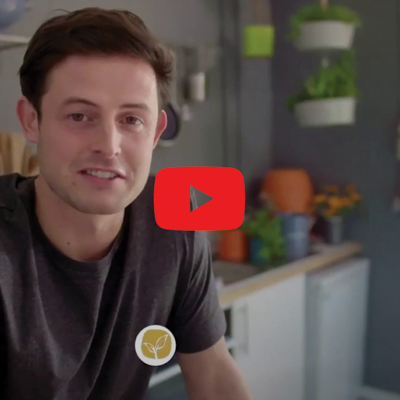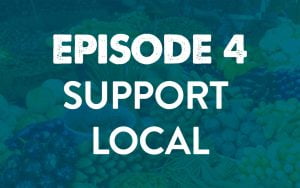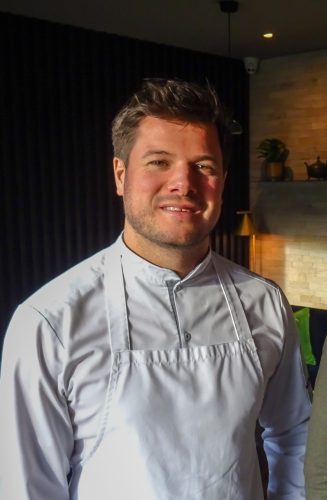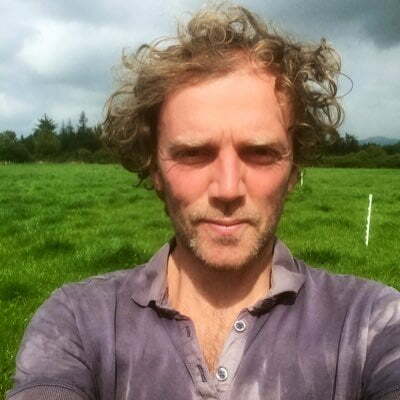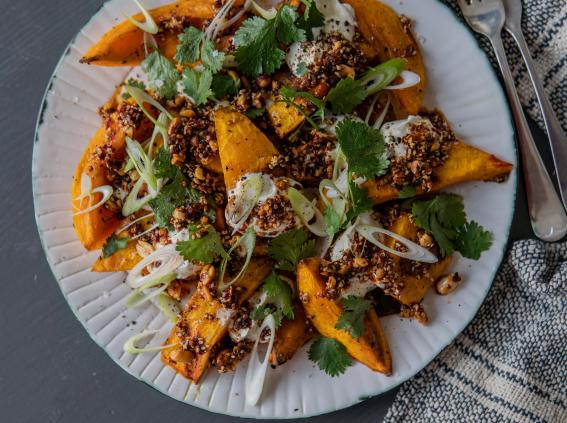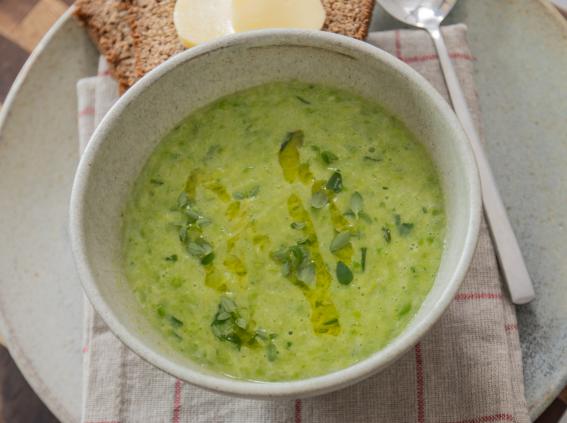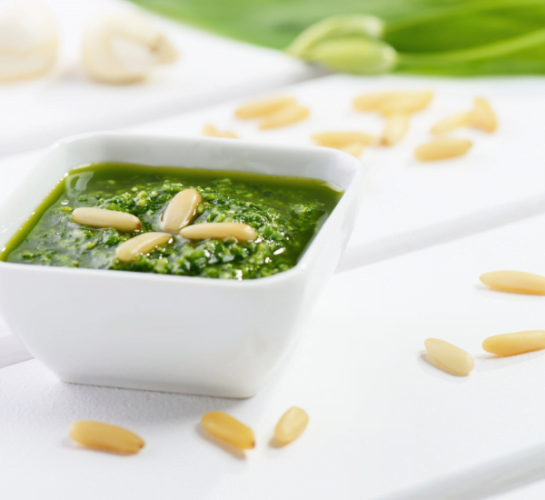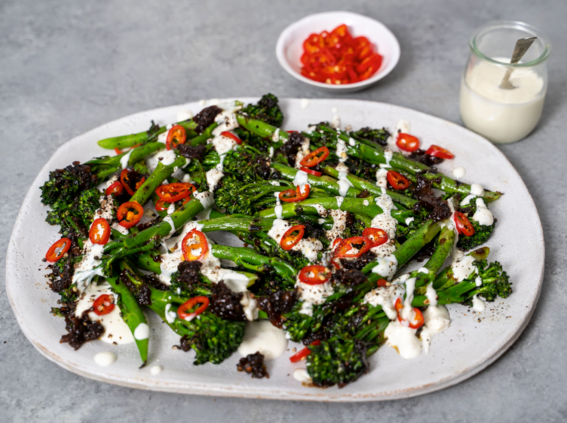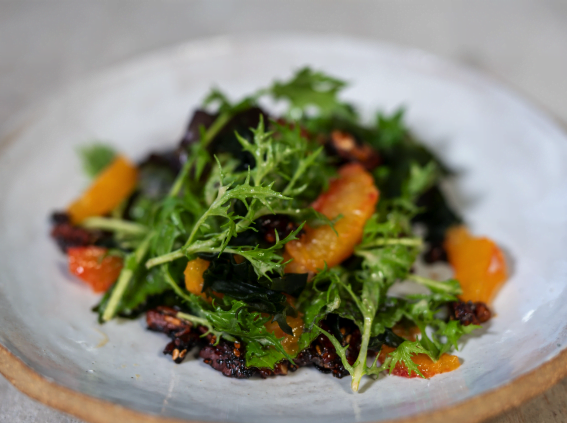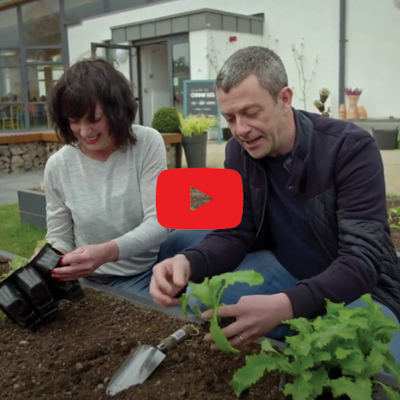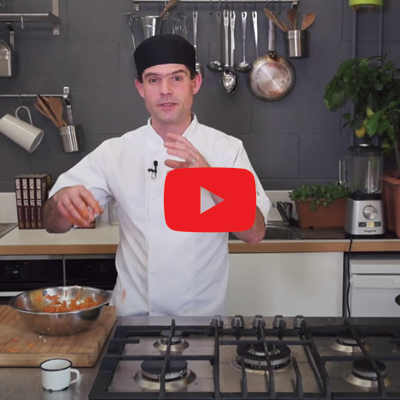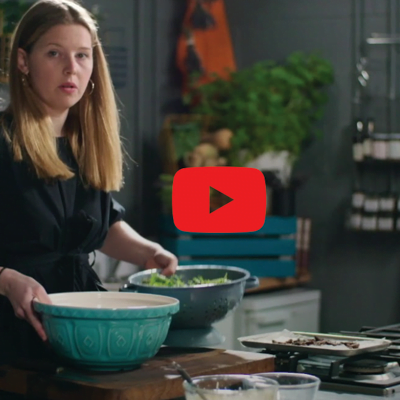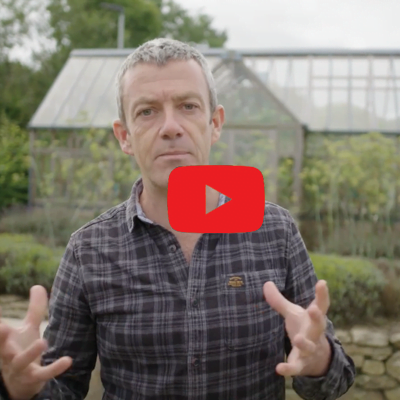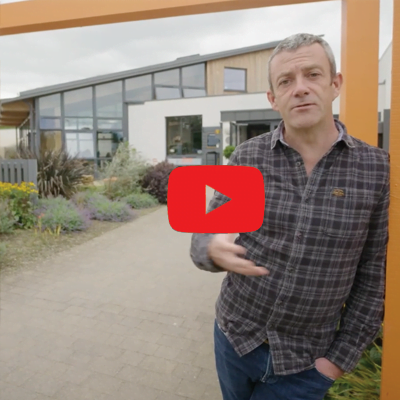In this episode
This episode is all about the concept of “Eating More Plants”. In recent years we have seen a growth in plant based diets and products, and numerous studies have shown that some people are increasing the amount of plant based foods in their diets and cutting back on their daily meat intake.
As some of society are increasingly leaning towards a more plant based diet, we want to explore this concept and delve deeper into this issue. Scientists have warned that rising global meat consumption is likely to have a devastating environmental impact on the planet, but research has also revealed that switching from the average western diet to a more plant based or flexitarian diet could decrease greenhouse gas emissions.
So to start this episode Mick brings together three people for a very special meal and to chat about the topic of eating more plants. We then head to Dublin to talk to radio host Andrea Gilligan to get a view about the publics opinion on this issue. Next Mick is heading to Kildare and to one or Ireland’s top restaurants, AIMSÍR to chat to chef Jordan Bailey about how putting veg front and centre on the plate can be just as good as any meat dish. Then we’re in Kilkenny to chat with grower Pat Fitzgerald about some very alternative vegetables that can be grown here in Ireland and may one day become a staple on our dinner plates. We talk to Operation Transformations Sophie Pratt about a more plant based diet, Sophie is a registered Dietian. Gillian Neilis – We speak the the editor of Food & Wine Ireland to get the insight on the plant based market here in Ireland. And to finish the episode we speak to two guys Jack Popeley & Mark Grace who have set u a VEGAN fast food truck in one of Dublins food spots – The Place Food Yard
Stories:
- “A Dinner Conversation” – Alannah Wrynn, Orla Walsh & Kieran Sullivan. Co Waterford
- “The Public Perception” – Newstalk, Andrea Gilligan, Co Dublin
- “Putting Veg Front & Centre” – Aimsír, Jordan Bailey, Kildare
- “Growing more Alternative Veg” – Beotanics, Pat Fitzgerald, Kilkenny
- A Dinner Conversation” – Alannah Wrynn, Orla Walsh & Kieran Sullivan. Co Waterford
- “Plant Based Diet” – Sophie Pratt
- “Plant-based in the Press” – Gillian Nelis
- “Vegan Fast Food”- Jack Popeley & Mark Grace

Eat More Plants
Introduction
Across the world, we collectively eat just 1% of all the edible plant species we can eat. According to the Food and Agriculture Organisation of the United Nations, there are between 20,000 and 50,000 discovered edible plant species, which is a hefty selection of plants to start adding to your plate. But the truth is, only 150 to 200 are regularly consumed by humans. In fact, 75% of all the food eaten in the world come from just 12 plants and 5 animal species. The reason for this is economic efficiency, but an industry so deeply embedded in the health of our planet and ourselves can’t play by standard economic rules. There is still so much food out there for us to discover. If we want to create more sustainable plates of food, we need to understand more about all foods – the ones we grew up with and the new plant-based alternatives.
Animal agriculture is the biggest driver of greenhouse gas emissions in Ireland, and moving to a plant-rich diet is therefore one of the most impactful things a person can do to address climate change. However, the more diverse that plant-based diet is, the better. And the tastier it will be too. More often that not, this whole discussion becomes a Punch & Judy debate – part of our growing list of growing culture wars. Consider these questions:
- If you suggest plant based diet are you automatically anti meat, anti rural Ireland?
- Is there room for compromise? Is there room for change?
- Can the world produce enough meat to feed our growing population?
- Is a meal with no meat enough food?
- What is the alternative to meat or plant based?
- Is plant based eating always nutritious?
- Should I REALLY be eating lentils and drinking almond milk instead of the meat and dairy milk that I grew up with?
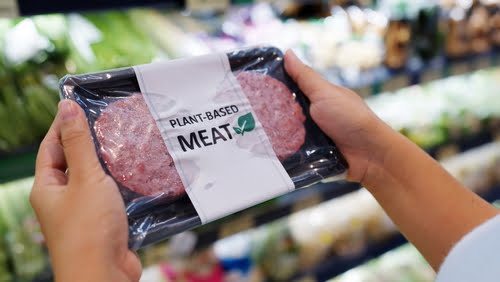
Eating Plants for Health
There is always a lot of discussion around the nutritional value of a more plant based diet so if you replace meat with plant based, what is the effect? Well let’s not forget that the health benefits depend on what you replace the meat with, it still has to have all the essential nutrients so you are not missing out. You could be completely vegetarian and live on four cheese pizzas and chocolate – but we wouldn’t recommend this for your health.
It has been widely reported that eating a more plant based diet is beneficial, but why are more people not switching? A new major analysis suggests meat consumption is set to climb steeply as the world population increases along with average individual income, and could play a significant role in increasing carbon emissions and reducing biodiversity.
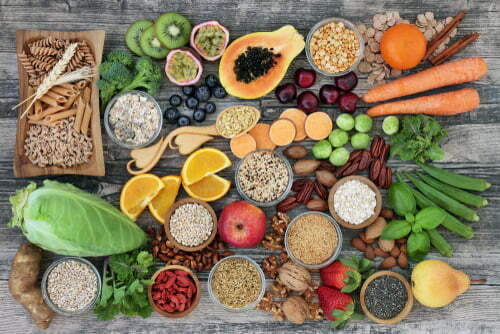
Consider Milk
Take milk, for example. We know cow’s milk is good for our bones and full of calcium and nutrients. But from an environmental perspective, it creates three times the greenhouse gas emissions of dairy milk alternatives, such as almond, oat, soya and rice milk. But with so many non-dairy options available now, it can be hard to know what is truly sustainable and good for you.
The reality is that non-dairy milks have a lower carbon footprint than cow’s milk. Even almond and rice milks, both notoriously thirsty crops, need less water than dairy milk to produce. Yes, the plants need water to grow and they have to be processed, packaged and transported, so there is an environmental impact. But it is still less than dairy milk.
But what if there was a locally grown plant-based alternative to milk from Irish cows? Well, there is, and it’s created from the humble oat. Irish farmers have been producing oats for millennia. In fact, in 1850 oats (and not potatoes) were the most commonly sown crop in Ireland, because they grow well in the Irish climate.
Since the 1850s, there has been a significant reduction in the land given to growing oats in Ireland. Will this change now that Irish farmers see the growing customer demand for plant-based milk alternatives? Could they claim their market share?
If you are looking for a non-dairy milk, oat milk can be the most sustainable alternative milk option, especially if produced using organic, Irish oats, like Flahavan’s, whose oats are grown within an 60-mile radius of their mill in Co. Waterford. However, it’s even more sustainable if you make your own oat milk using organic Irish oats – it’s simple to do and you can find step-by-step instructions online.

Did You Know?
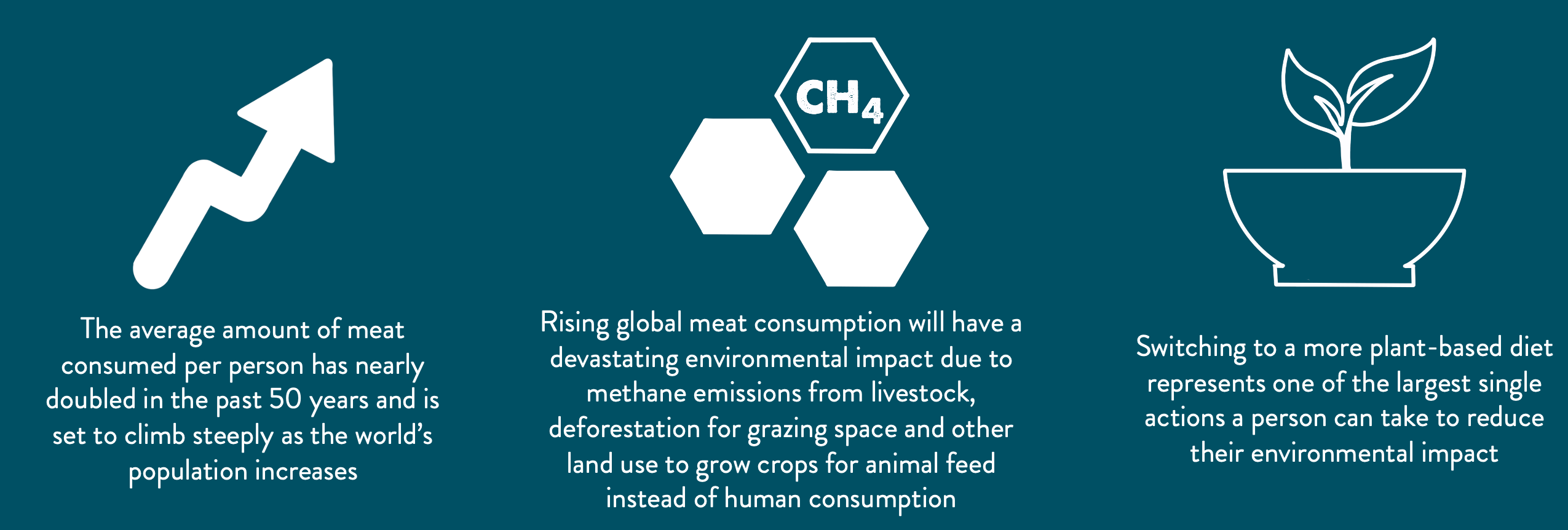
Consider Beef
Growing and eating any food has an environmental footprint, but some foods have a bigger impact than others, especially when it comes to beef. On average, Irish beef produces 19kg of CO2e per kg – that’s 30 times the carbon footprint of a kilo of Irish spuds.
Almost 35% of greenhouse gas emissions in Ireland come from agriculture, with the powerful pollutant methane accounting for 58% of agricultural emissions.
Ruminant animals, such as cattle, are the main producers of methane, with 90-95% of agricultural methane emitted from their burps and 5-10% through flatulence and slurry storage.
Latest figures put the size of the national herd at 7.3 million, which means in Ireland we have a lot of cows burping and passing wind and contributing to climate change. And reducing those emissions is challenging.
Beef is just one example of the additional strain on our environment associated with diets that rely too heavily on animal-based foods. The numbers show that globally both meat and dairy production are more water, land and greenhouse gas intensive than plant production.
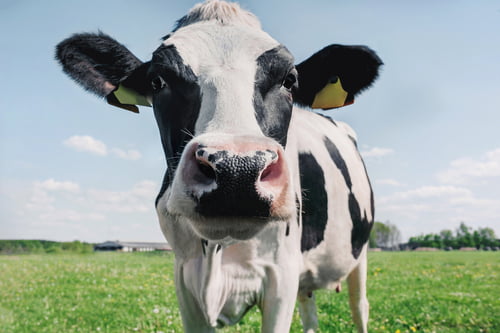
Did You Know?
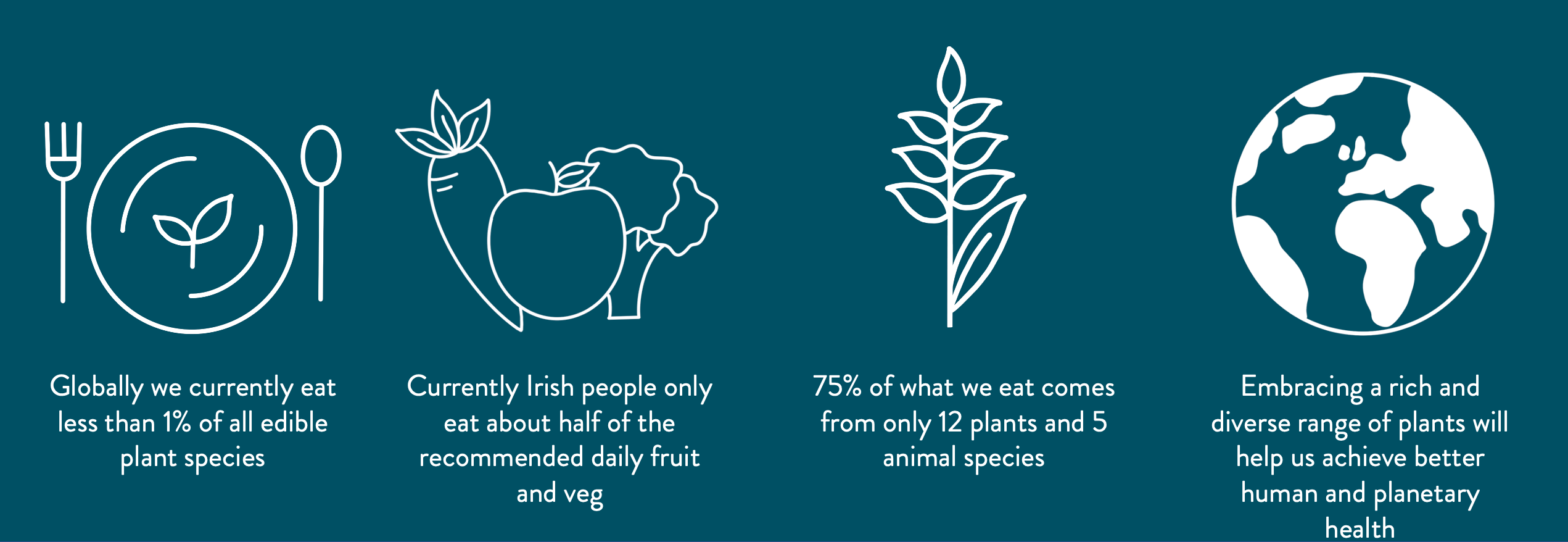
Practical Steps you can take
Rather than delve into the world of obscure edible plant species, here are three ways you can start introducing more plant-based foods into your diet:
- Be curious – understand better the choices you are making, such as substituting your morning dairy milk flat white for one made with Irish oat milk, and balance that with the support you wish to provide to your local producers and suppliers. This approach can ensure we support those trying to farm and produce foods more sustainably while reducing our own environmental impact, saving some money, and opening our minds to food choices that are healthier and more nutritious.
- Start small. Gradually add variety to your meals by substituting one meat-based meal for a plant-based meal each week – perhaps a lentil bolognaise instead of your usual beef bolognaise? You certainly don’t need to pile your plates high with foods no one in your family recognises seven days a week. Remember eating more plants doesn’t have to be a binary choice, it can also be a spectrum and any move you make towards more plants and less meat is good for the planet and your health.
- Discover new plants to grow and cook, such as celeriac and kohlrabi – these are all perfectly suited for growing in our Irish climate and add plenty of nutritious goodness and delicious taste to your plate.

Bonus Content
